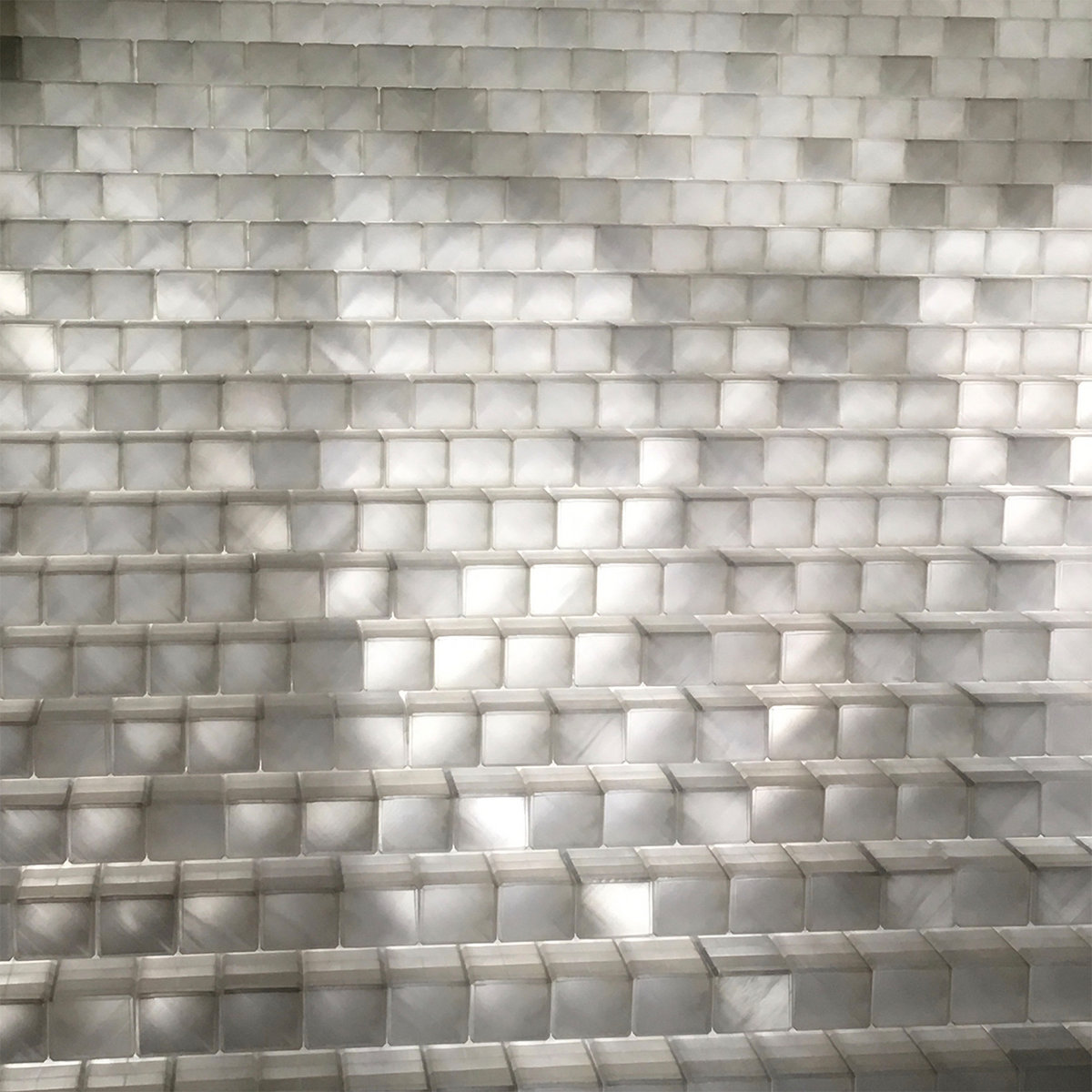Patio
Collection
FIRE TALK
“En Plein Air” is the title of a track on Patio’s new album, as well as the name of a painting technique—literally painting “in the open air.” During its infancy in 19th-century France, the plein air movement challenged established principles; its artists used portable, simplified equipment and took their chances with the elements.
It’s helpful to think of Patio (itself named after an outside space) as plein air artists. With a streamlined setup of guitar, bass, and drums, the trio has always prioritized the essentials (“Essentials” was even the title of their debut album) and has always been content to do things differently. Bassist/vocalist Loren DiBlasi couldn’t play an instrument when she decided she wanted to form a band in Brooklyn in the early 2010s. The drummer she and guitarist Lindsey-Paige McCloy recruited, Alice Suh, had only recently picked up the sticks. This imbued Essentials with a serendipitous punk-rock energy, a garage-band effortlessness, something that is, happily, still present on Collection—Patio at their most confident and experimental.
Produced by Nate Amos of avant-garde favorites Water From Your Eyes, Collection is more cohesive than its title suggests. Each of its 12 tracks is a snappy, bouncing clatter of post-punk vitality in the vein of forebears like Electrelane and contemporaries such as BODEGA, all driven by danceable grooves and a city-bred impatience. Suh’s aberrant drumming is constantly on the move, and her syncopated scatters converse with her bandmates in unexpected ways. McCloy jabs at her guitar like it’s a vending machine that’s swallowed her money. Circumventing traditional chords, her knotted inversions permit some open strings to ring out while others are deadened, colluding with bum notes—and counterpointing DiBlasi’s primitive, plucky bass lines—on their winding path toward resolution. Tracks like “Gold II” and “Performance” are great examples: part R.E.M. jangle, part Dry Cleaning monotone, part ’80s dance fever. They provide a robust and supremely cool alternative to overwritten, overearnest indie.
“I taste like money now—bitter” goes one quip from “Performance.” The line is emblematic of McCloy and DiBlasi’s lyrics, which conflate personal commentary with societal commentary—ambition versus ownership; apathy versus consumption. In fact, many of the memorable one-liners come from DiBlasi, an ex-music journalist. “We’re so bad apart but worse together,” the bass player mutters on the spiky, krautrock-esque “Routine,” eyeing technological supremacy as though it’s a toxic on-again/off-again lover. “Empty rooms too expensive to fill / I am too expensive to fill,” she deadpans during “Epiphany” toward the album’s end.
The second half of that song has a prolonged period of melodic release. At long last, all three instruments cease pulling in different directions and instead work together, gliding clumsily between magical, harmonious chord clusters as Suh’s offbeat snare hits nudge everyone toward the light. It sounds like the satisfying payoff after lugging your box easel to the woods: We’ve weathered the rain and arrived at something beautiful.









